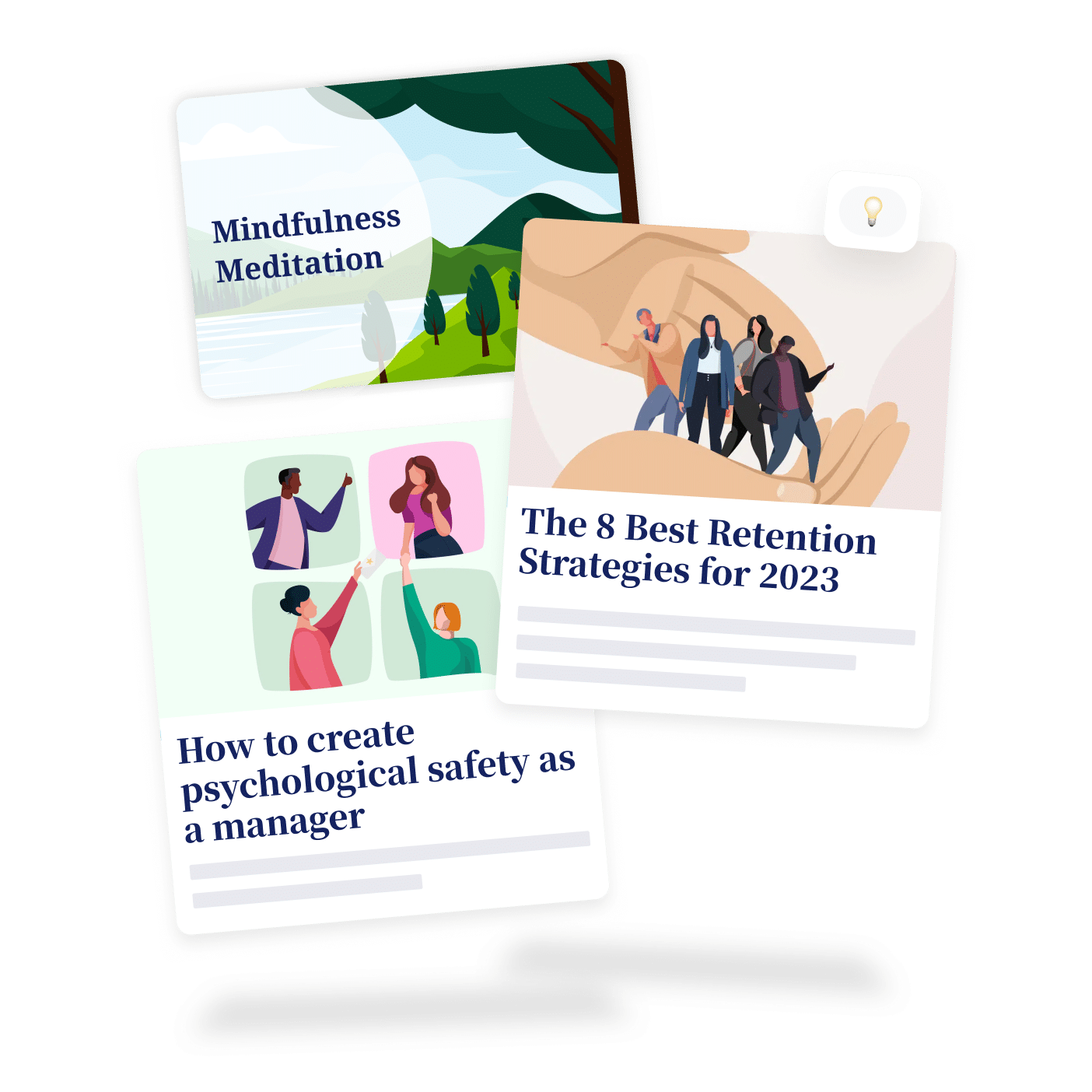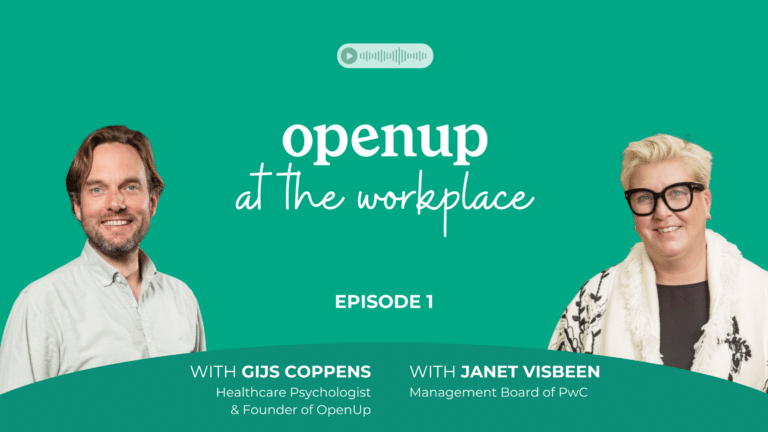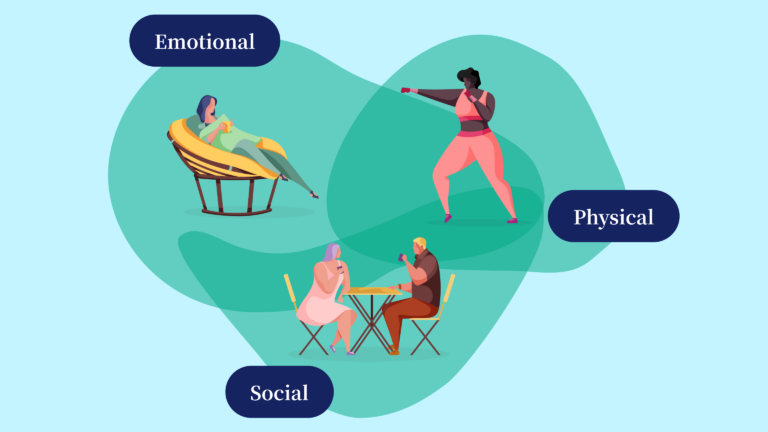The future of work remains dynamic as ever. Yet there are also some clear trends. From further welcoming Gen Z into the workplace to cultivating resilience in order to handle challenging times, these are the 5 corporate mental health trends for 2023 every HR professional or manager needs to know about. (As well as some concrete tips on how you can get the most out of them, provided by our psychologists!)
1. Hybrid working
The Corona pandemic brought many changes into the way we work. And some of them are here to stay. Remote work is such an example.
Of course, working remotely wasn’t invented during the lockdown. Yet as organisations rushed to continue business as usual, the many worldwide restrictions did prove that work does not have to remain confined to traditional offices.
For some, it was the change in the working environment they had been longing for, while others dreaded the monotony of home office life. For even more people, however, it was a seemingly paradoxical mixture of both.
This is where the hybrid working model comes in, offering employees a combination of both remote and in-office work. It has been a hot topic in mental health and will remain so in 2023 and beyond.
This is how you can make the most out of hybrid working:
- Explore the specific advantages and challenges that a hybrid model presents. For example, working remotely eliminates the stressful commute to work, but it can also lead to feeling more alienated from co-workers.
- Provide different options. For every person who thrives while working from home, there’s another who pines for social interactions at work. Give employees the choice depending on their preferences and needs.
- Offer flexible hours and encourage asynchronous working. Does it matter whether someone starts their workday at 9 am or 11 am? For most businesses, the answer is no. Show employees that you respect and trust them by empowering them to manage their own schedules.
- From lower costs on rent and utilities to reduced travel expenses (and a diminished carbon footprint!), hybrid working can save your company a lot of money. How about investing this into providing the necessary tools and technology, such as access to fast internet and an ergonomic home working set-up? Or perhaps a training on how to create clear boundaries between work and personal life could be a good idea?
Interested in more tips on how to get hybrid working right? Then take a look at this article.
2. Burnout prevention
New year, fresh start. Yet, some things inevitably remain the same. The need for burnout prevention is one of them. At OpenUp, we believe that prevention is better than cure; it’s better to nip things in the bud, than to repair the damage after it’s happened.
Despite the new-found sense of freedom that hybrid work offers, many people face more pressure at work than ever before. This is in part due to the current labour shortage in the UK.
When we’re missing staff, we’re inclined to transfer more work to our current employees. Yet this usually only leads to a vicious cycle in which even more people call in sick, or perhaps even quit entirely. So, what can be done?
Here are some key tips to help navigate this trend:
- Avoid falling into the vicious cycle of overloading your current workforce to combat labour shortage. It’s better to (temporarily) scale back a bit than to lose valuable people.
- Encourage workers to take time out for themselves so they can rest and recharge. Do this both in the long and short term. For example, besides offering generous annual leave, also remind all employees (including managers!) to take regular, planned breaks throughout the day.
- Learn to recognise the signs of burnout so that you can address it early on. By giving employees burnout training, they are also better prepared to spot it in co-workers and in themselves.
- Pay attention to employees’ work-life balance. Have they obtained a healthy equilibrium between work and other aspects of their lives?
- Offer mental health support and create an encouraging work environment in which these topics can be discussed. Make sure all employees have access to mental health services.
Interesting! A study has shown that a good work-life balance is the most popular reason cited for UK workers to return to a previous employer.






